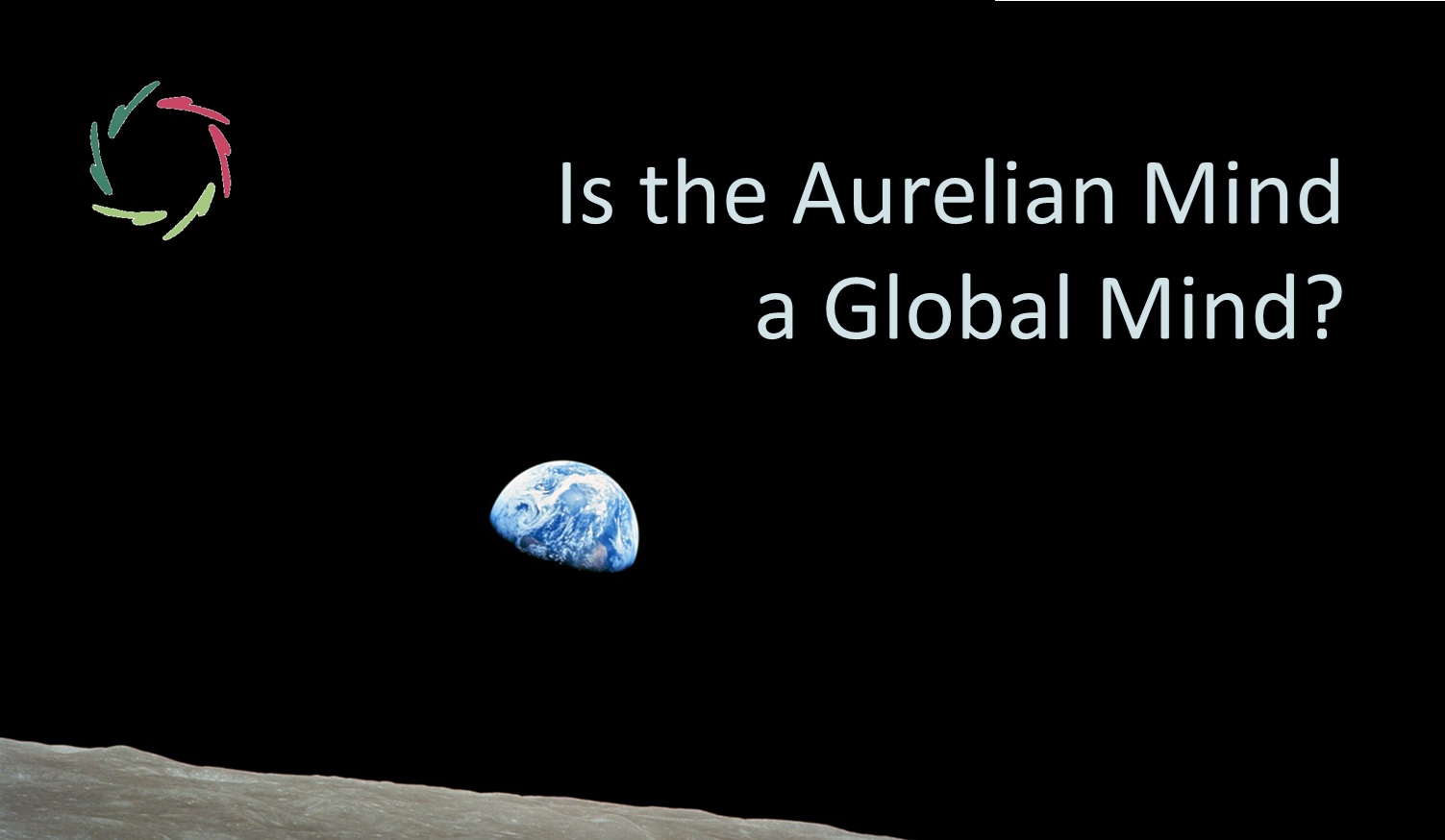AURELIS Values in Diplomacy

As in coaching, ethical values are yardsticks to keep on a decent track within diplomacy. The ‘AURELIS five’ are nothing more nor less than this. They are also a means for gaining confidence.
Diplomacy overlaps with mediation and negotiation.
The best diplomacy being transformative, this overlaps with
- [see: “AURELIS Transformative Mediation“] (not meditation)
- [see: “Transformative Negotiation“]
Besides or interwoven, there are other diplomatic qualities, such as building networks of influence, understanding other societies, acquiring relevant information, responding rapidly to changing requirements, making compelling stories, and owning party narratives. Note that depth is crucial in all these, even if it’s difficult to pinpoint how.
With depth involved, many qualities are also those of coaching. [see: “Coaching Happens In-Depth“] [see: “Deep Diplomacy“]
AURELIS coaching as relevant to diplomacy
This has been worked out pretty well in many blogs and an AURELIS course. Many tools also exist within and around the coaching. If you are interested yourself, please: [see: “Growing towards AURELIS Coach“]. Eventually, this is also surely interesting in the domain of diplomacy.
Within the AURELIS pyramid [see: “AURELIS Levels in a Pyramid“], you notice a level of ethics centered on five principles or ‘values.’ [see: “Five Aurelian Values“] Please take a read. Each of them is more profound than meets the eye.
In the following, I go over the five while showing their relevance for diplomacy, especially at high stakes.
Openness
This is, to oneself and others ― individuals and groups. This comes with insight and practice in what it means to be a ‘total person.’ Openness is a meditative act. In diplomacy, it is crucial to come profoundly together and see joint solutions in otherwise intractable problems. Openness is transformative. It enables much more than a simple win-win.
Depth
In-depth, you may better see what is valuable. This may be pretty different from the superficial view. Any AURELIS coaching testifies for that. In diplomacy, depth is essential in the short term but even more in the long term. Any solution will not fulfill its true promise without it. Even peace may turn into a long-lasting war zone.
Respect
Not losing face is important ― even more so in-depth. Therefore, lack of respect is like a constraint to the domain within which any solution is at all viable. In diplomacy, respect is to be thought of as a certainty. Transmitting this certainty is no weakness unless one stubbornly makes it so. Who shows respect comes out as a true leader, no matter what.
Freedom
People need this to profoundly stay themselves during any change. Paradoxically at first sight, the freedom to stay oneself in-depth is a necessary prerequisite for change. In diplomacy, without the notion of freedom, there is no possibility to find common ground on which to work. If some ‘gain’ is reached without letting the other party feel free in this, chances are there will be much resistance, frustration, and aggression from the moment it’s possible. This tension may linger on for a long time and explode when not suspected.
Trust(worthiness)
This is to be seen not only as factual but also in communication and suggestion. First, you trust yourself ― then, others may trust you. In diplomacy, it is well-known that trust is a currency. Try also to convey trust deep-to-deep. This is your currency in gold. It may be done even while at the surface, you need to take care not to be lied to or manipulated.
In combination
Only in profound combination, each of the five reaches its full meaning. This way, they may together become alive in many different situations.
After each encounter as a diplomat, it may be interesting to go over the five in relation to each other and try to see in what way you may have realized them and how you have just learned something new in their regard.
This way, you may find a never-ending source within yourself, growing as a diplomat and as a person.


